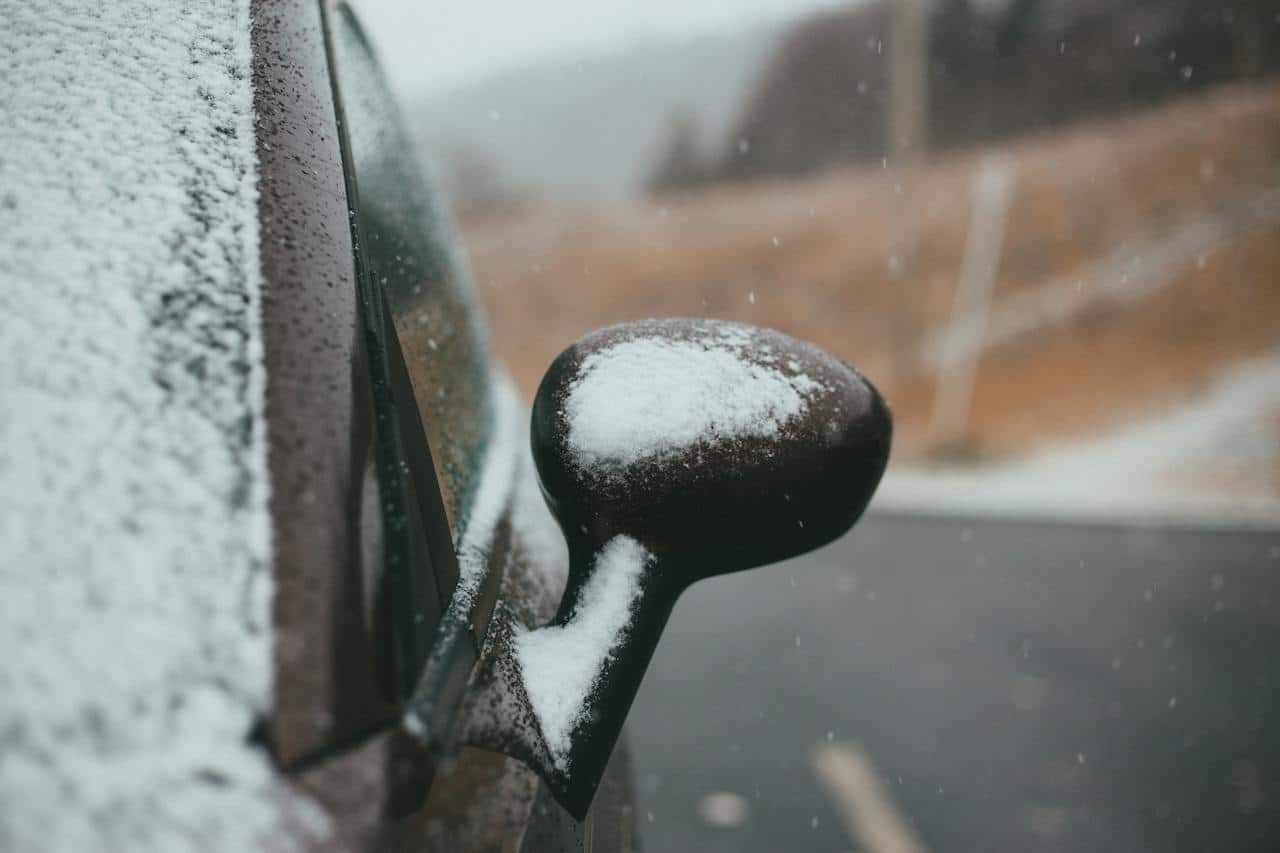Top 3 Tips for Winter Driving

As someone who resides in Illinois, whether you live in Morris, LaSalle, Peru, Ottawa, or Chicago, you likely have experienced your fair share of winter weather driving. Even though you might have operated your vehicle in these conditions a lot over the years, it doesn’t mean that you’ve become any more comfortable in doing so.
While you may have assimilated different tips with your own over the years to deal with different driving obstacles efficiently, you’re likely eager to learn any other winter driving ones that can make you feel a bit safer on the road.
We’ve combed through reports featuring recommendations and honed-in on the top three safety tips for winter driving. We’ll share those with you here.
How Common Are Winter Weather Accidents?
The most current data compiled by the National Highway Traffic Safety Administration (NHTSA) from 2019 shows that 33,000 winter weather accidents resulted in injuries that year. Those same statistics show that at least 440 individuals lost their lives in such incidents.
Data compiled by the American Auto Association (AAA) paints an even more dismal picture. AAA Foundation for Traffic Safety data shows that an estimated 500,000 crashes annually are attributable to what they describe as sloppy road conditions, bad weather, or winter storms. AAA found that these crashes result in at least 2,000 annual fatalities.
No matter which statistics you go by, each source gives a similar recommendation for minimizing these crash occurrences – better preparing your vehicle and yourself for often-treacherous wintery road conditions.
How Can You Improve Your Car’s Winter Weather Performance?
Winterization is the process by which you prepare your automobile for the winter. Some of the steps that you should take to improve your car’s ability to operate safely in wintery weather include:
Checking fluid integrity and levels: An oil change, the topping off of brake, windshield washing, and transmission fluids, and a coolant flush and replacement should be part of the regular maintenance you perform on your vehicle. If it isn’t, it needs to happen at the turn of different seasons. Extreme variances in temperatures can break down these substances, causing them not to perform as they should. Checking to see if they’ve deteriorated and replacing them, if necessary, will minimize the chances of bigger problems creeping up.
Have your brakes inspected: It’s of optimum importance that your brakes work well anytime, but even more so in the winter. It may be a good time to have your brake pads, caliper, hose, and rotor looked at if your car hasn’t recently seemed to brake as efficiently as it once did.
Take care of your tires: Most Illinois residents purchase all-weather tires, which are constructed to perform well whether there are optimal road conditions on a clear, sunny day or slippery ones on a heavy snow one. There are a select handful of drivers who buy snow-specific tires. Make sure you remember to put those on to last you the entire winter if you have them. Also, take time to inspect your tires before heading out on any trip to ensure that they appear structurally sound and are properly inflated. Winter weather can harden tires’ rubber construction, making them less grippy than they’d otherwise be. That, coupled with underinflation caused by cold temperatures, can put your roadway safety at risk.
Ensure all your lights are in working order: Foggy, cloudy, whiteout, and twilight conditions coupled with how well your vehicle’s color contrasts with the surrounding environment are just some examples of ones that may decrease other motorists’ ability to see you. Your brightly hued head, tail, brake, and turn signal lights may be the only thing that other motorists see to know that you’re headed in their direction or braking in front of them. You must ensure that these lights are in optimal working order and not covered by last night’s snow before you head out on the road.
Check your battery: Car batteries don’t tend to fare well during cold weather months. A battery that’s already at the end of its life may altogether give out as winter sets in. It doesn’t hurt to run your vehicle by an auto part shop for a free battery test to see how much life it has left during the winter. You may want to consider replacing it right away if it’s on its last leg, as this may make the difference between you making it home safely or being stranded mid-roadway or in a parking lot somewhere.
As mentioned earlier in this article, maintaining your vehicle is an aspect of safe winter driving. Another super important detail that impacts your safety is driver behaviors.
What Are 3 Winter Driving Safety Tips?
No matter whether you reside in a big city like Chicago or smaller Illinois ones like Morris, Peru, LaSalle or Ottawa, winter weather driving tips are applicable in each. Three habits that we can all benefit from integrating into how we operate our vehicles include:
- Avoid any potential distractions: Many of us tend to get drawn in by the radio, take a phone call while driving to and from, put on makeup, scoff down our breakfast, address our child’s low test score with them, catch up on emails or the latest news, or use our global positioning system (GPS) once we’re well into our trip. Each of these is a distraction that can enhance your risk of becoming entangled in a crash. If you add in the element of poor visibility and snow and ice on the ground, it makes for a combustible mix. While it may take some additional strategizing, plan your route and build extra time into your schedule to have important conversations or handle mundane tasks safely inside your home or office, especially in the winter.
- Drive slowly: If you tend to run late to where you’re going, then you’ll want to give yourself extra time to get there in the winter. Why? It’s because there’s a strong likelihood that you’ll find out mid-trip that the roadway that you planned to take has been deemed unsafe (due to inadequate snow removal or ice), and thus, closed, requiring you to take a detour. You may also find yourself needing to travel far less than the posted speed limit, depending on the extent of the snow or ice accumulation on the roadway. Also, wildlife tends to venture out more in the winter, searching for food and shelter. Your slower driving may minimize the chance of you colliding with one of these animals.
- Know all about your vehicle: One of the biggest mistakes motorists make is waiting until they get out on the open road to start figuring out how to turn lights, the heat, or windshield wipers on. This habit can prove dangerous if it takes a driver’s attention off the road. Also, it’s less than ideal when motorists don’t know how responsive their brakes are in certain situations. This insight may make all the difference when a driver tries to determine what’s a safe distance to keep between them and a car in front of them or how aggressively to take a turn when road conditions are poor.
Your Options if You Suffered Injuries in a Winter Weather Accident
Many Illinois motorists take all the necessary precautions, including properly maintaining their vehicles and driving safely but still end up being involved in a collision. Why does this occur? It has to do with the fact that we might adopt certain safety-enhancing strategies ourselves, but others may not.
Our car accident attorneys at Schweickert Ganassin Krzak Rundio, LLP have experience working with drivers, bicyclists, pedestrians, and motorcyclists who suffered injuries at other negligent motorists’ hands. Our car accident lawyers can review your case and let you know whether it warrants you filing a personal injury lawsuit in Illinois.










